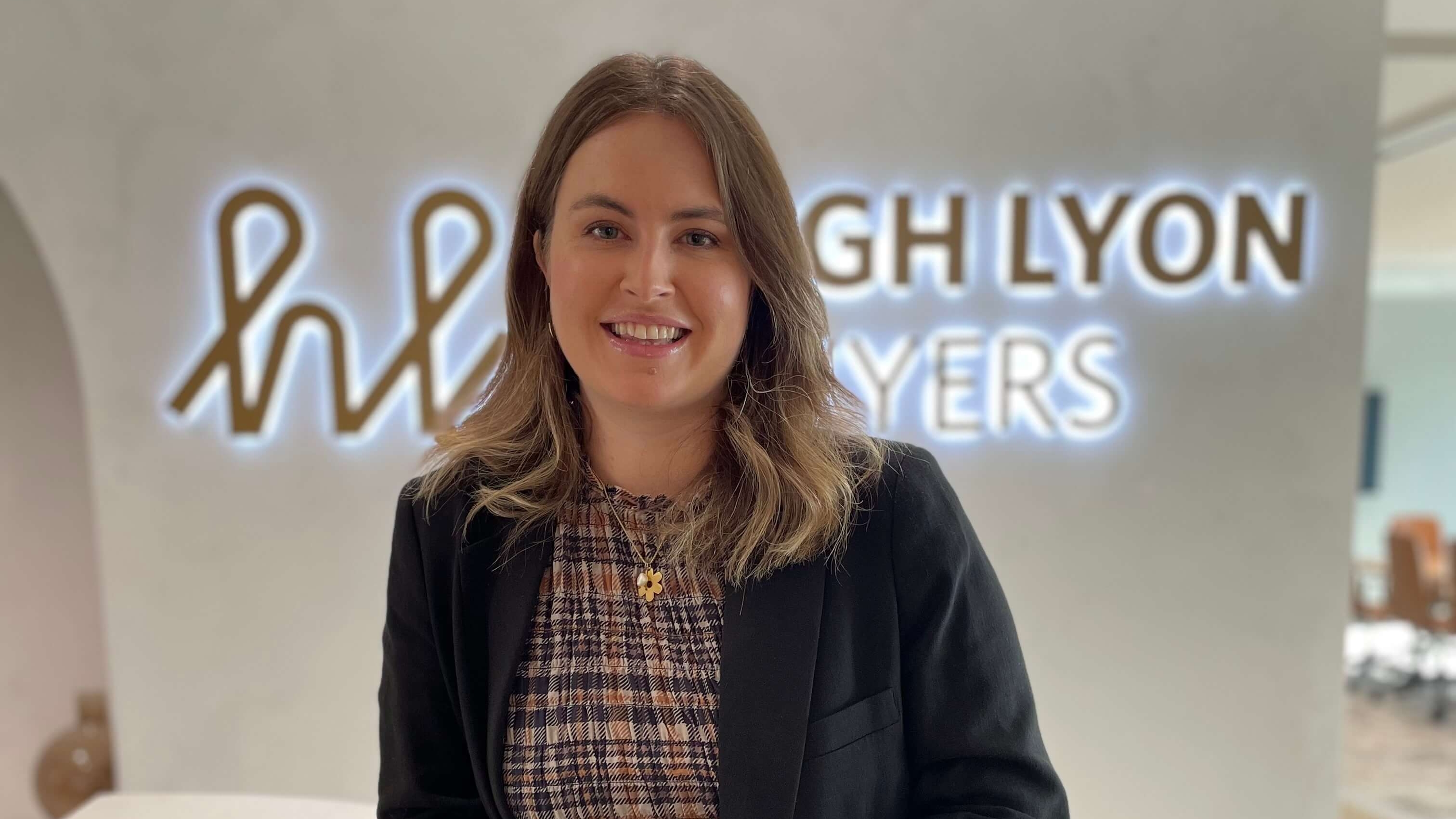
Looking back on her time studying at the University of Auckland’s Law School, Erica Burke remembers experiencing both immense growth alongside lots of pressure.
It’s an insight she brings to her role as a mentor for the He Ira Wāhine | Women’s Mentoring Programme run by the law school.
“As a younger female lawyer, I initially got involved with the program because I really wanted to ‘give back’ and play a role in supporting the next generation of practitioners,” she says.
“I also benefited from having a mentor early on in my career, and this program was a way I could pay that forward.”
She is currently working with her second student, who she meets one-on-one with regularly throughout the year. While mentors are guided on how to make the relationship as beneficial as possible, the program is intended to be flexible to meet the specific needs of the person being mentored.
“I find it hugely rewarding and can say that the future for of the legal profession is bright, with the female lawyers coming through now.. The students I meet are all really intelligent, they work hard, and they are helping shape the profession of tomorrow,” she said.
The program is open to all female and gender diverse University of Auckland law students in Part II – IV of their studies. It matches students with law graduates, most of whom have at least a few years of experience working in the legal profession. It is an opportunity for students to acquire an insight into the world of work and to help them get their career off to the best possible start.
A number of events are also part of the program, where participants come together to network further with each other.
As a second-time-round mentor, Erica is still in touch with the student she mentored last year, a testament to the relationship they built.
“You have to establish a strong relationship, built on trust and honesty. This way, you both get the most of the program. I have been really lucky in that both my mentees and I had a genuine connection,” she said.
Topics discussed at the mentoring meet-ups include everything from studying for exams and how to handle that pressure, through to the realities of missing out on jobs and what working life as a lawyer is really like.
“We speak openly about all manner of topics. For example, that the very competitive nature of law school and the profession can drive excellence, but can also manifest in things like imposter syndrome. It’s good to talk about this and offer advice on how to deal with it.
“The legal fraternity can also be quite insular, with unique and challenging application processes for jobs. Again, offering a fresh pair of eyes on any issues my mentee is encountering is what I aim to offer.”
Erica graduated from law school eight years ago which gives her the benefit of hindsight. “I hope to pass this on, as it wasn’t so long ago that I was the one stressing out about finding the perfect summer internship! However, having worked as a lawyer for a while now, I firmly believe that setbacks are part of your journey and it’s all about how you deal with those and move forward. I also find you actually have a lot more agency than you might think as a junior lawyer.”
How did you get the role of mentor?
I was approached by the organisers of the programme. While this was very validating, I am in it to give back and support young female law students reach their potential. I’m a feminist and strong advocate for gender justice so being a mentor aligns with that.
What are some of the most common things you discuss?
Balance – prioritising your own health so you can be the best version of yourself. Academic pressures are high, but if you aren’t in a good space physically or mentally you can’t perform. Oh, and finding that first job of course.
What advice would you offer to someone starting out if they wanted to find a mentor figure?
Get out there. Go to events. Meet people. If you have a connection, and you think your interests or values could align, reach out to them to see if they have capacity for a catch up every once in a while. I find most people are happy to be asked as they want to support young lawyers. Usually the mentee needs to drive it though, so be prepared to be the first to say ‘it’s been a while since we last caught up, would you have time for a coffee this week or next?’.
How can someone be a good mentor?
Listen. Then reflect back on your own experiences and how these may apply to what your mentee is dealing with. Also have a good understanding of what objectives your mentee has. Ask them where they want to be in five years or what area they want to get experience in, for example.
Where is the best place to meet up?
I do my mentoring meet-ups at one of the local cafes around the legal and university district in Auckland’s CBD. I find cafes help give the sessions a relaxed atmosphere as opposed to a busy legal office.
Erica is a Senior Associate at Haigh Lyon and can be contacted at @email
 Skip to main content
Skip to main content